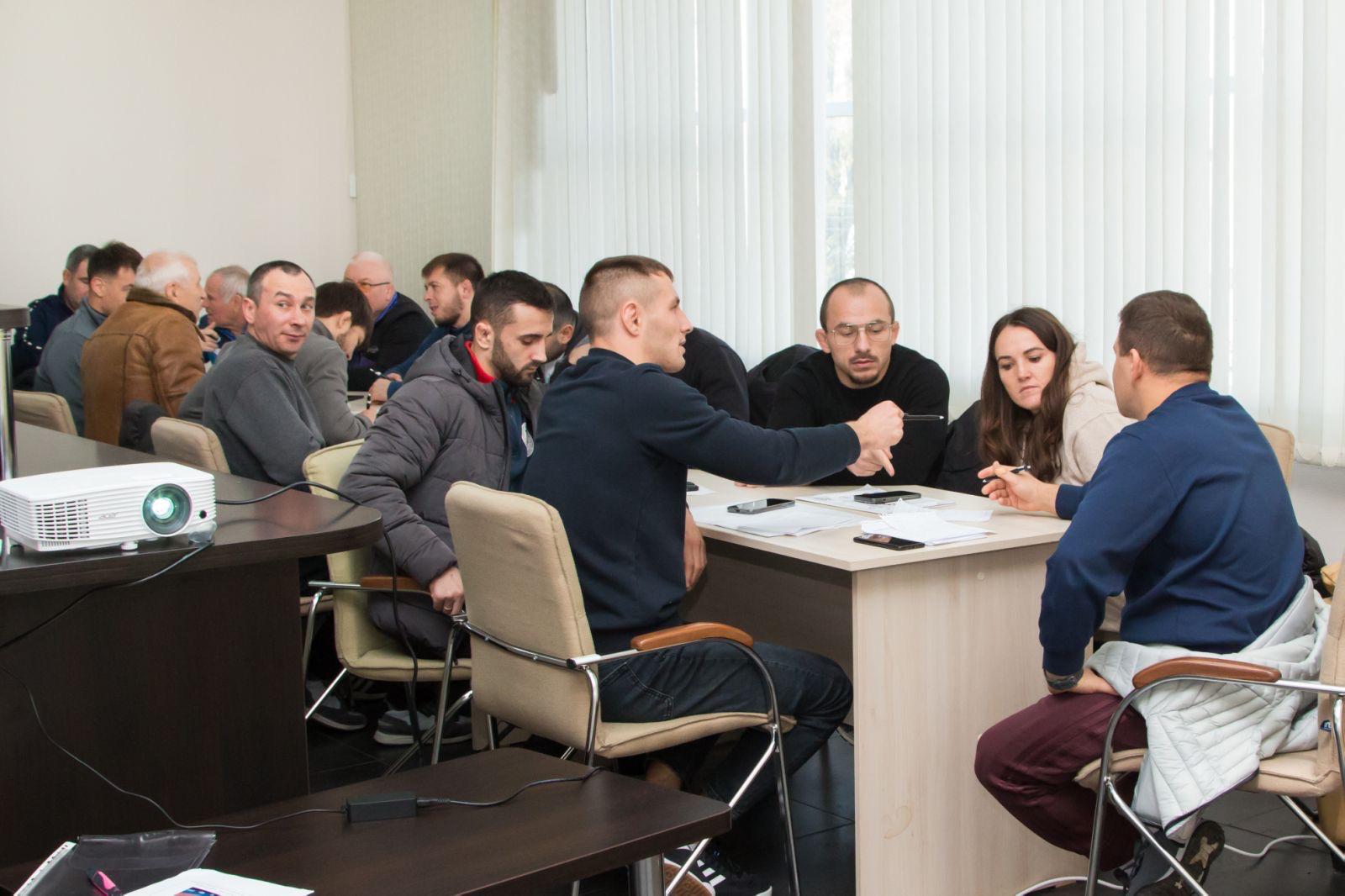Magomed Aliomarov, Leader in Development of Women's Wrestling, Dies at 67
Wednesday, May 13, 2020 - 17:00 By United World Wrestling Press

MAKHACHKALA, Russia (May 13) -- Magomed ALIOMAROV, head coach of Russia's resurgent women's wrestling program, died Wednesday after a brief battle with COVID-19. He was 67.
Born in the small village of Tlyarosh, Dagestan, Aliomarov began wrestling as a child. After his competitive years, Aliomarov worked as a club coach in Dagestan from 1978-1992 before taking an administrative role as vice-president of the Azerbaijan Wrestling federation from 2008 to 2017. That nation saw great success during Aliomarov's tenure including a 2009 World Championship team title in women's wrestling. In 2011 Aliomarov became the head coach of Azerbaijan Women's Wrestling team, where he remained until 2015.
The Russian Federation hired Aliomarov back in February 2019 to lead its women's program. The move created instant results with Russia earning the team title at the 2020 European Championships in Rome and runner-up honors at the 2019 World Championships in Nur-Sultan. The successes made Aliomarov and the Russian Wrestling Federation hopeful for the future of the women's program.
"I have no words. He was such an energetic person who had so many plans. Our women's team followed him, and that lead to very good results," said Mikhail Mamiashvili, President of Russian Wrestling Federation. "Our deepest condolences to the relatives and friends of Magomed Aliomarovich and the entire wrestling community."
Known to be a fierce advocate for his athletes, Aliomarov was widely respected by opposing coaches, while also enjoying the admiration of his athletes.
"It's difficult to believe," said Inna Trazhukova, who won a world championship in Nur-Sultan. "His death is a great loss for our team. He believed in me before the 2019 World Championships and I got the best result in my whole sports career."
"We had the great plans for Olympic Games and I'm very sad that they wouldn't come true."
United World Wrestling president Nenad LALOVIC also sent his condolences to the Russian Wrestling Federation and the families and friends of Aliomarov.
"We are very saddened by the news. The death of Aliomarov is a big loss for the sport and our community."



Share your thoughts.
Comments